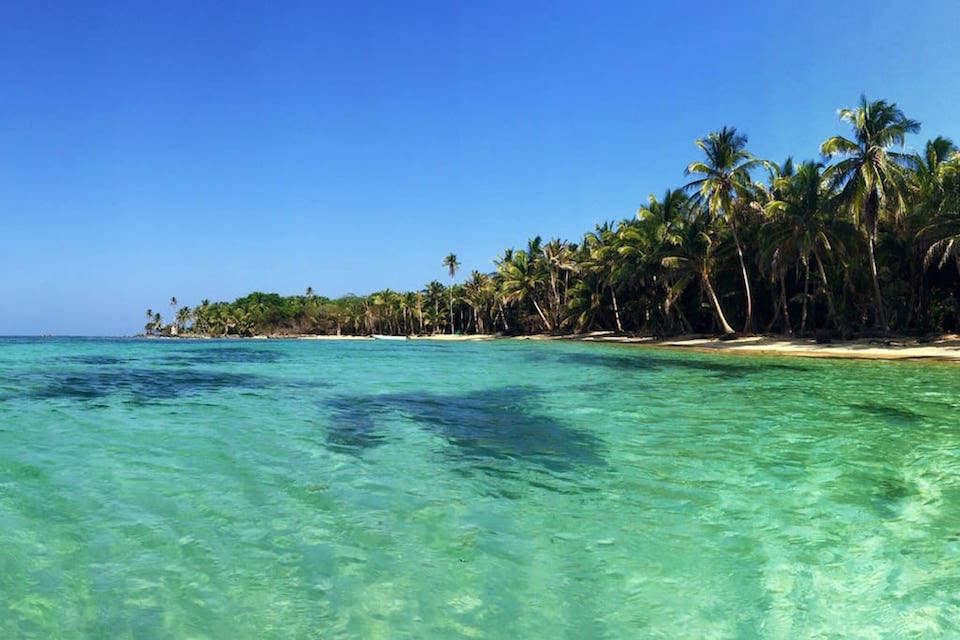What the sharing economy means for Caribbean Tourism
By Hugh Riley
CJ Contributor
The marketplace is evolving. Ten years ago no one imagined homeowners opening their doors and welcoming strangers to bunk at their tropical beach bungalows or private cozy homes for affordable rates. Forget about standing out in the street waving frantically to flag down a taxicab or worrying about having enough change to hop on a bus. Those days are over. Travelers now have the luxury of reserving these arrangements with a simple click of a button. Technology has sparked an extraordinary consumer-led movement in the travel industry with the swift emergence of ‘the sharing economy’. Consumers now have more travel choices and can easily buy, compare and access them at any given time.
Organizations that operate in the sharing economy don’t own assets and don’t offer services directly to consumers. Instead, they operate as third-party clearinghouses, allowing property owners and individuals to generate revenue from their unused assets and time. Two of the well-known players of the sharing economy in the travel industry include Uber for transportation services and Airbnb for accommodations. Both are influencing a significant shift in consumer behavior and expectations, while also challenging existing regulatory frameworks. Although we’re focusing on those two companies, the sharing economy space is also occupied by VRBO, HomeAway and others on the accommodation side, while in the transportation sector Uber has a competitor called Lyft.
How has the sharing economy impacted Caribbean tourism?
According to this report by the Caribbean Hotel & Tourism Association (CHTA), the sharing economy accommodations are growing every day. By February 2016, Airbnb reported more than 25,000 listings in the Caribbean. Early in 2015, Cuba was added to Airbnb’s inventory and in March 2016 there were over 1,000 listings. In Aruba during the 12 months between December 2014 and December 2015, the number of visitors using non-traditional accommodations (private homes, apartments, villas, condominiums) went from 24% to 33%. The number of visitor nights increased from 27% of the total to 32%. In 2015 in St. Lucia, over 900 nights per month were booked with Airbnb. Airbnb is forecasting a 17 percent year-to-year growth in visitors to the island using its services.
These listings alone, however do not tell the full story in terms of room availability. While some short-term rentals are available year-round, the majority have black-out dates and are only available for a certain period of the year. Nonetheless, Airbnb’s 25,000 Caribbean property listings can represent 52,500 additional rooms. Shawn Sullivan, Public Policy Lead for Central American & the Caribbean stated at this year’s CTO State of the Tourism Industry Conference (SOTIC) in Barbados that the Caribbean is an important market for Airbnb and that growth is occurring in potential key markets including Barbados, Aruba, Cuba and the Dominican Republic. For example in Barbados, there are currently 500 active hosts on Airbnb who typically earn $4,000 USD from guests staying on average 2.2 nights at Airbnb properties. To date, these listings have contributed to 13,000 additional guests arriving to Barbados.
It is evident that the sharing economy has developed new micro-entrepreneurial opportunities for engaging more individuals in the tourism industry and expanding the geographic reach of options for the traveler. Including more stakeholders in the tourism industry has the potential to benefit everyone. However, the entire impact on traditional hotels is yet to be determined. Reports released in 2016 by Goldman Sachs and Smith Travel Research indicated mixed findings. STR suggests that there has been little impact, while the Goldman Sachs report reveals there has been a negative impact.
Further data also suggest that travel has increased due to new offerings through the sharing economy. It is evident that more vacation home rental travelers are visiting non-traditional tourist areas and spending more on tours, attractions, cultural offerings, food and beverage and excursions. Some hotels have also indicated increased spending in spas and restaurants from these travelers.
What does it mean for the future of the tourism industry?
The debates around Airbnb and Uber indicate that technology and commerce have developed more quickly than legislation. Consequently, travel companies and authorities are facing various challenges as traditional business and regulatory models are disappearing before our eyes. Now we are beginning to take action. We already understand that we need to be more flexible; therefore workspaces, hotel rooms and rental cars are becoming available on a timelier basis and in essence, becoming more “shareable”. The sharing economy will result in new marketplaces, new booking processes, new partnerships and new connections for those who are smart enough to embrace it.
During last week’s SOTIC, Frank Comito, CEO of the Caribbean Hotel and Tourism Association highlighted that with the support of some sharing economy companies like Airbnb, more global destinations have changed legislation to implement the taxation of home vacation stays. While this has assisted with local revenue collections, possibilities for leakage and non-payment by vacation homeowners are prevalent. The opportunity for Caribbean Governments, which are seeking new revenue sources, is significant.
Moreover, traditional businesses including hotels and licensed taxis are governed by strict safety and operational standards. Currently, standards in the home rental and informal taxi business are lenient and there is a concern that consumer safety and well-being may be at risk as a result. This also applies to the hosts and drivers of the sharing economy who are also viewed to be in situations of potential jeopardy. BeepCab, a new company owned by tech-savvy Caribbean entrepreneurs attempting to bridge the gap between the unknown driver and the established, licensed taxicab is on its way to becoming the pioneer in online taxi booking in the Caribbean.
BeepCab, not unlike Uber, is a mobile booking App; but it allows you to book taxis via your mobile phone and be served by registered taxi drivers. The App is free to download and there is no extra fee added to your standard taxi fare.
Normally, businesses in the sharing economy are operating under regulations and standards that are below the requirements applicable to commercial activities. While vacation homes should not be painted with the same brush as hotels that must function under strict operational standards, they must be held to a greater level of responsibility than properties only intended for residential use. This will assist in protecting the reputation of a destination, as well as the reputation of traditional service providers and the sharing economy businesses themselves.
Airbnb has demonstrated leadership with the establishment of its own hospitality standards with the implementation of a Community Compact in 2015. By working with tourism boards and associations in a growing number of jurisdictions the company has helped to address new opportunities and matters of mutual interest.
Embracing technology and innovation while appropriately monitoring and regulating various aspects of the sharing economy will become a priority for the region’s Governments, industry associations and affected companies for the foreseeable future.
Hugh Riley is the Secretary General of the Caribbean Tourism Organization. Follow his blog at www.hughriley.org.







